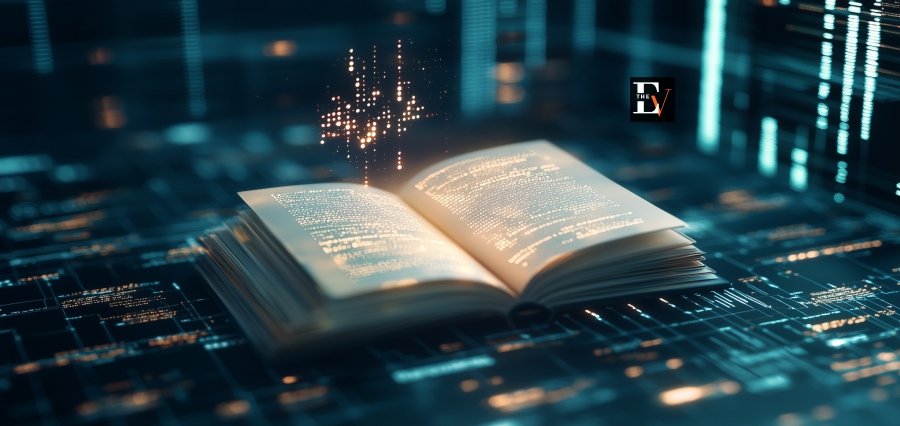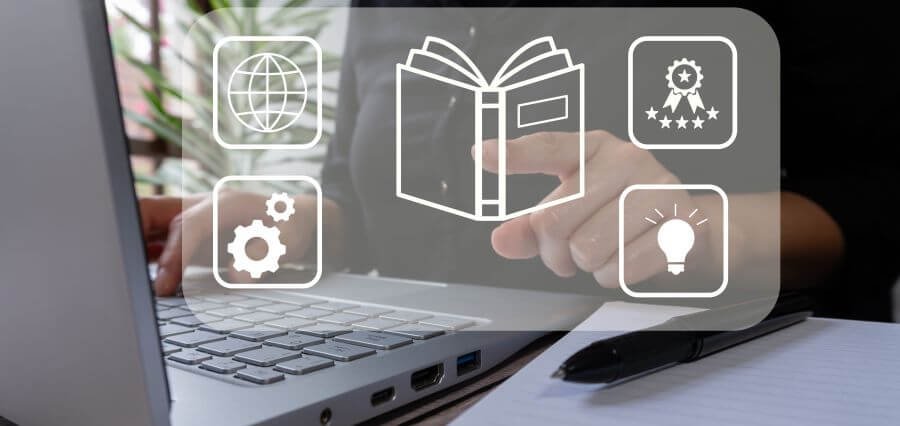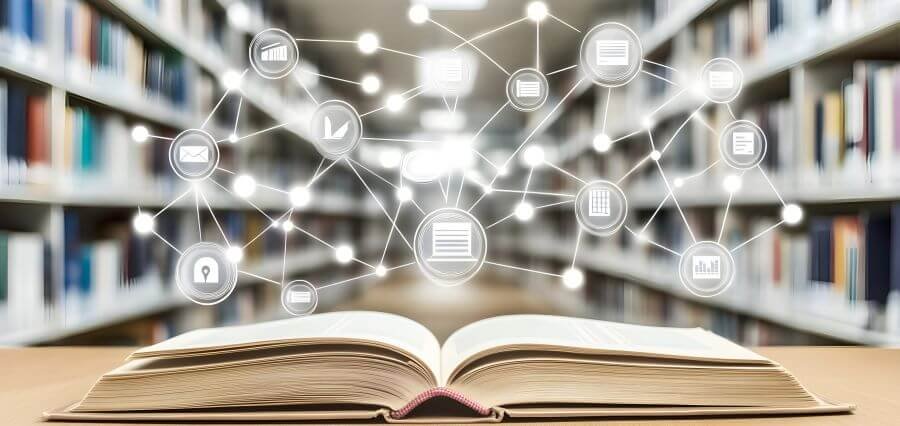Individual-Centered Education
For a long time, education was built on a structure that would fit all students the same way. Testing, standard curriculum and general teaching styles have been used in schools for a long time. Still, since every student learns uniquely, some needs have been missed by this approach. Big data is making this change. Educators can better meet students’ needs by using technology that collects, handles and analyzes student information.
Institutions, schools, and leaders should see how data-driven approaches can help students and use them to update learning systems.
What Is Big Data in Education?
In education, big data collects and reviews data such as test outcomes, how often students show up to class, their learning routines, time spent working, ways in which they handle the material and so forth. They are collected through software used in online platforms, in learning management systems and school tools. This enormous and varied type of data helps reveal information that could not be noticed before.
By observing these patterns, we can better understand a student’s achievements as well as the reasons behind them. It allows for the development of specific ways to meet the needs of each student.
Personalization Through Data Insights
Personalized learning requires modifying the material, speed and how lessons are taught for every learner. The study of big data highlights students’ strengths and weaknesses and how they like to learn. Should a student achieve better grades through visual lessons, the system could offer additional visual study materials.
It is not limited only to what a teacher sees or can infer on their own. It relies on real-time information to make its decisions. If students are quick to understand, they can continue their learning, while those who need to try harder are shown extra support without being disadvantaged.
Helping Teachers Make Informed Decisions
Learning is at its best when a teacher is leading the way. Big data does not eliminate their importance but rather brings benefits to them. Educators can use reports to determine which students might need help, the most effective teaching techniques and where improvements are necessary.
Knowing this will help you make better choices when planning a lesson. Should a topic not be grasped by the students, teachers should adjust their instruction to better help them. Thanks to data, teachers are equipped to address challenges immediately and prevent them from turning into problems.
Adaptive Learning Platforms and Student Autonomy
Thanks to big data, adaptive learning platforms are now gaining importance. AI education software keeps evolving as a learner progresses. Depending on how a student is doing, the platform automatically rearranges the lessons, changes their difficulty or alters the study pace.
This type of system supports students in monitoring and guiding their education. Thanks to dashboards and feedback, they can tell how things are going and learn from their mistakes. Understanding their own data can make learners more willing and accountable.
Privacy and Ethical Considerations
The use of big data in education has many benefits, though it also leads to issues about privacy, security, and fairness. Designing AI systems for data collection means ensuring that they are honest and open about their work. The process and purpose of using students’ and parents’ data should be discussed with them.
Ensuring that data is not biased and does not cut off any chances is also necessary. Systems should be examined, and people must have a role in monitoring any automated tool. We must be responsible with our data to preserve trust and keep data designed for the student.
Long-Term Impact and the Future of Learning
Despite changes in teaching due to data, we continue to focus on helping students achieve better results. When put into practice, big data can assist with achieving equity in learning by supporting all types of learners.
It is not about getting rid of traditional teaching but improving it. With empathy, experience, and creativity, data can help improve the way education is offered.
A Smarter Approach to Learning
Big data has a chance to make education more tailored and specific for students. If schools pay more attention to how students learn, they can design settings that benefit all students. The secret is to make sure we always use this tool carefully and with great responsibility towards each identified person.





